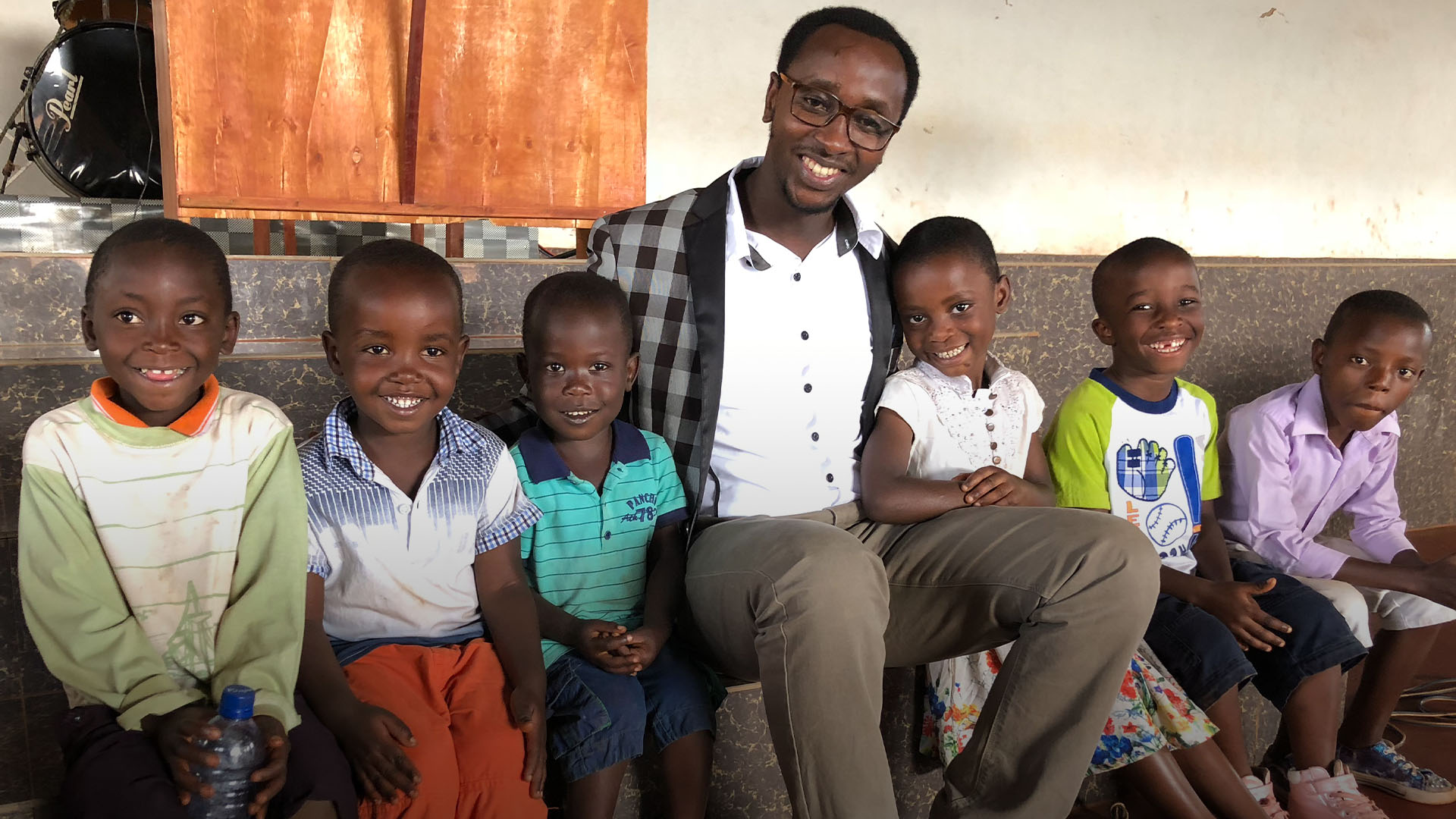As the coronavirus spreads through Africa, one of our partners shares his battle with it and his heart for his country’s people.
Early in 2020, the world health organizations announced a pandemic and killing virus named COVID-19. By March, every nation around the globe was counting patients and deaths due to that plague.
In Burundi, it sounded like something that couldn’t reach us. Many Burundians laughed at it; others felt indifferent. Soon things changed when our neighbors, particularly Rwanda, declared the presence of coronavirus on their soil. That changed the minds of Burundians. Fear gripped people. It was no longer a joke. The pandemic virus exists, and it could affect us.
The government started implementing some rules and health protocols against the disease. Some took it seriously; others did not. April 1st was when the first cases of COVID were officially declared by Burundi’s Ministry of Health. Fear took each and every Burundian, especially the inhabitants of the economic capital, Bujumbura.
When it was time to look for every patient to be tested, some didn’t show up. Another problem was that there was one coronavirus testing center; they couldn’t receive anyone to be tested except if you already had serious signs of the disease, especially when you started having breathing difficulties.
A Mysterious Sickness
In mid-April, my wife became ill. She had strange symptoms like a headache, vomiting, aches and pains all over her body, and she was also very weak. We couldn’t figure what this was. We had taken all the precautions to prevent contracting COVID. When I brought her to the clinic, the doctors sent her into the laboratory to have every test performed for malaria, typhoid, etc.
All the results returned negative.
The doctors mentioned that vomiting was caused by high fever. When we asked whether she should get the COVID-19 test, they told her to buy Azithromycin, Efferalgan and vitamin C for acute bronchitis and stay at home until the cure was complete. We bought them and did what we were told by the health agent.
Just in case, though, I bought masks for myself, my wife and children and the people we work alongside. The kids and I wore masks when leaving the house and at work, following the preventive measures as well; but my wife was staying home.
No more than a week later, I started to feel bad and was presenting almost the same symptoms as my wife’s except that my fever was high, between 38° – 40° C [100° - 104° F]. I went to the hospital too, and they did 11 tests but couldn’t find any disease in my body. All they noted was that my white blood cells were decreasing. At that stage, I asked them to give me the coronavirus test, but it was in vain. They told me to buy the same medicine as my wife.
One major common symptom for both me and my wife during that period was a loss of smell. We couldn’t smell anything, even food. For me, it was a bit complicated because I had lost the desire to eat. Just thinking about a meal made me want to vomit. Fruit and water were my everyday foods for at least four days.
Recovery and Blessings
One of the most stressful parts of this illness was when our children kept wanting to see us in our bedroom. We felt sure that we had COVID-19, and they were going to school. Of course, they were wearing masks and bringing disinfectants, but it didn’t reassure me and my wife.
During our daily family prayer, the children could pray for our healing and that the disease would not spread. After about two weeks both my wife and I recovered, and our health is fine now. Praise God for his healing. God also answered our prayers for the children; neither has gotten sick so far.
A burden has remained on my heart, though, for the many people do not have sufficient information about COVID-19 and continue to take the preventive instructions lightly, especially in rural areas. People there have limited means and may be more vulnerable than others. We need to inform and train a significant number of Burundians about the coronavirus, especially our partners in the field working in different communities outside of major cities.
We must work together to help protect one another.
